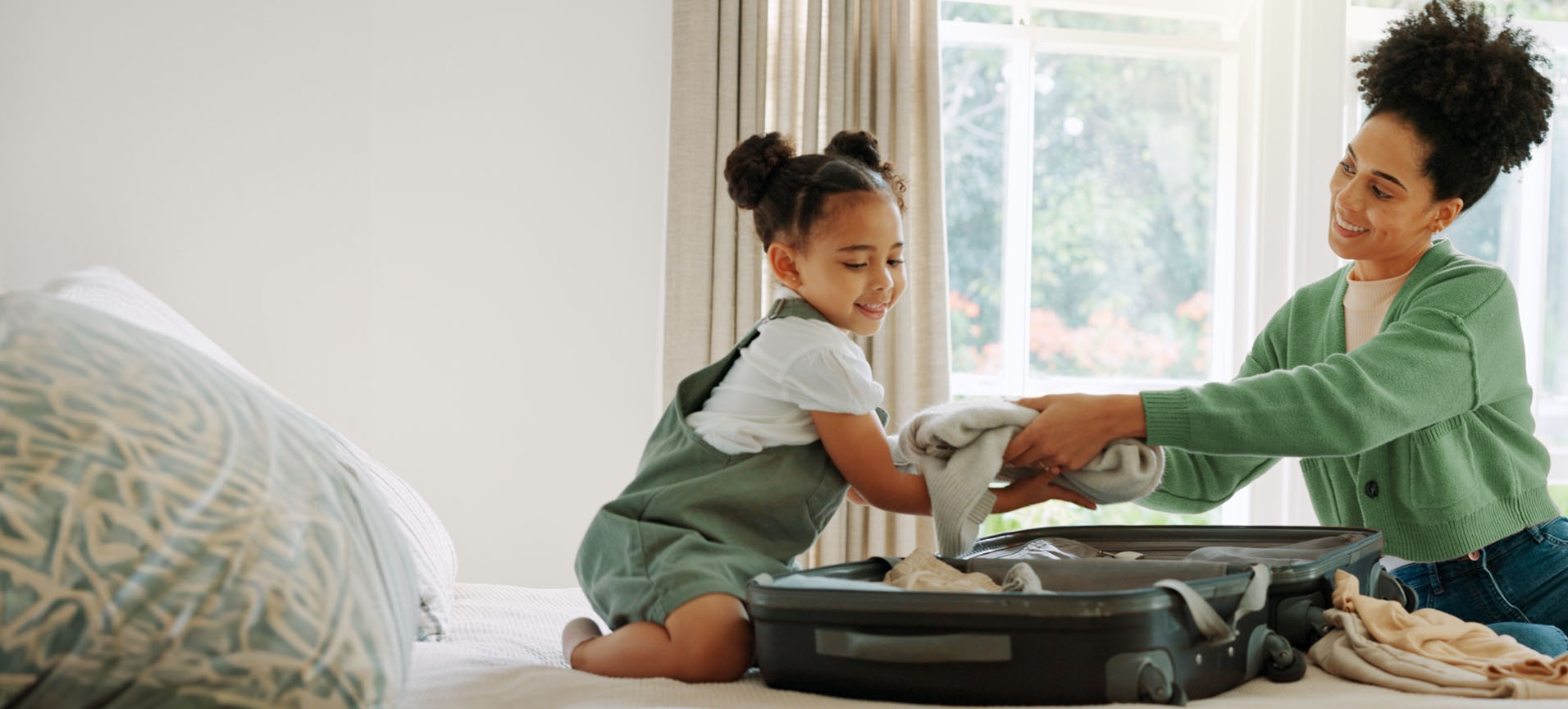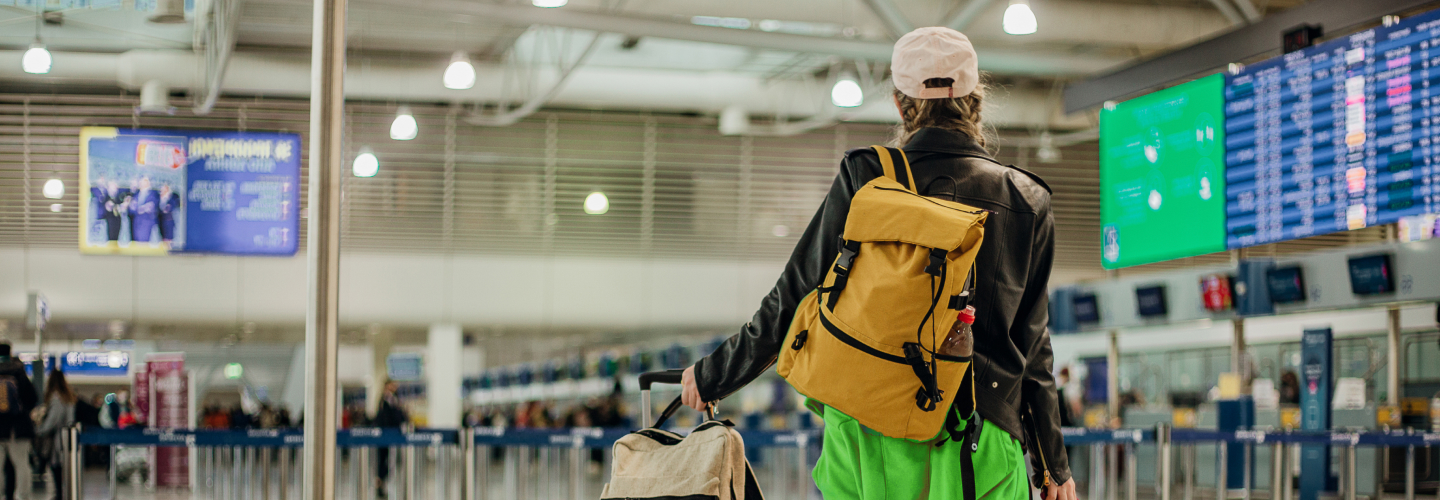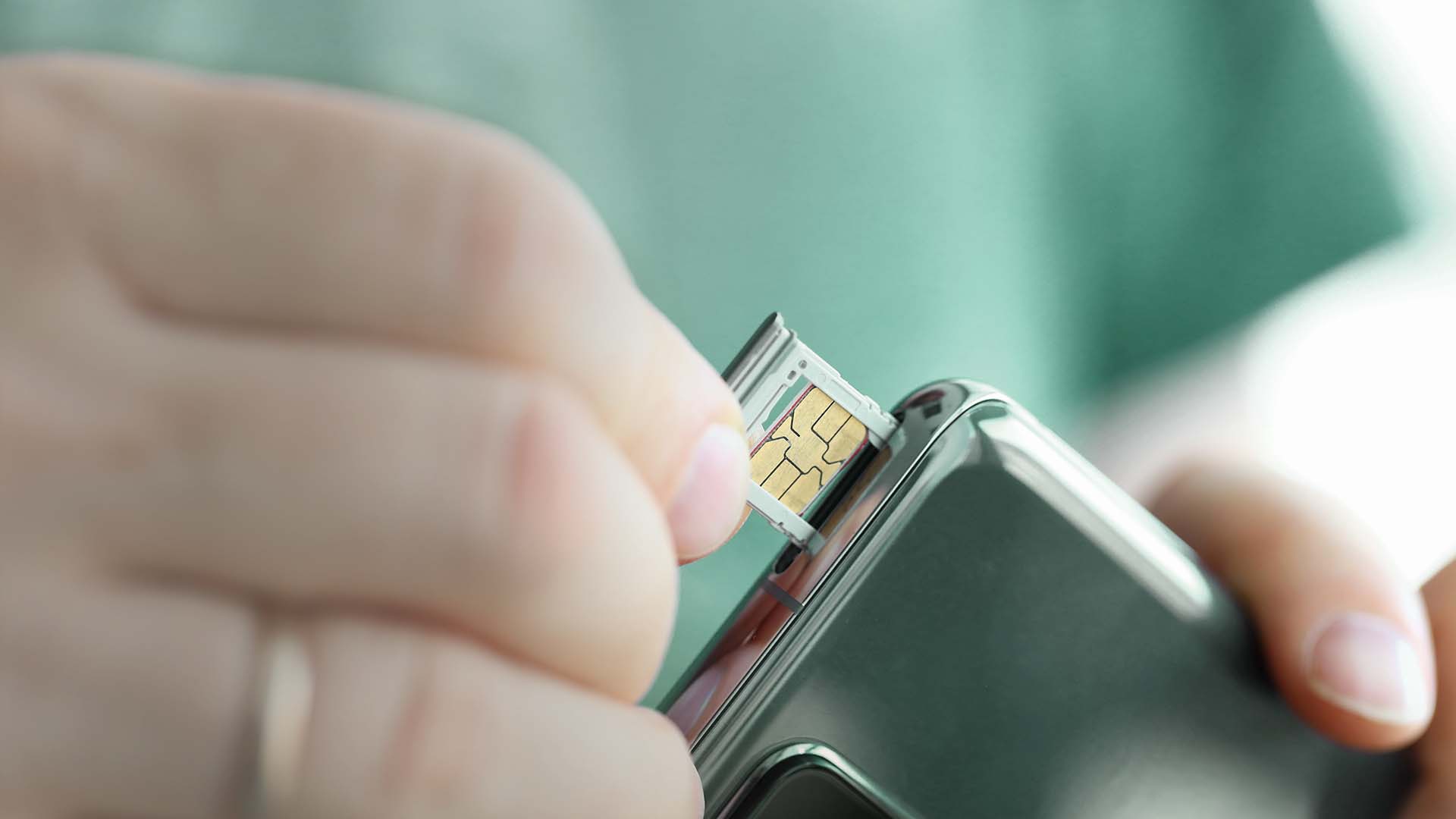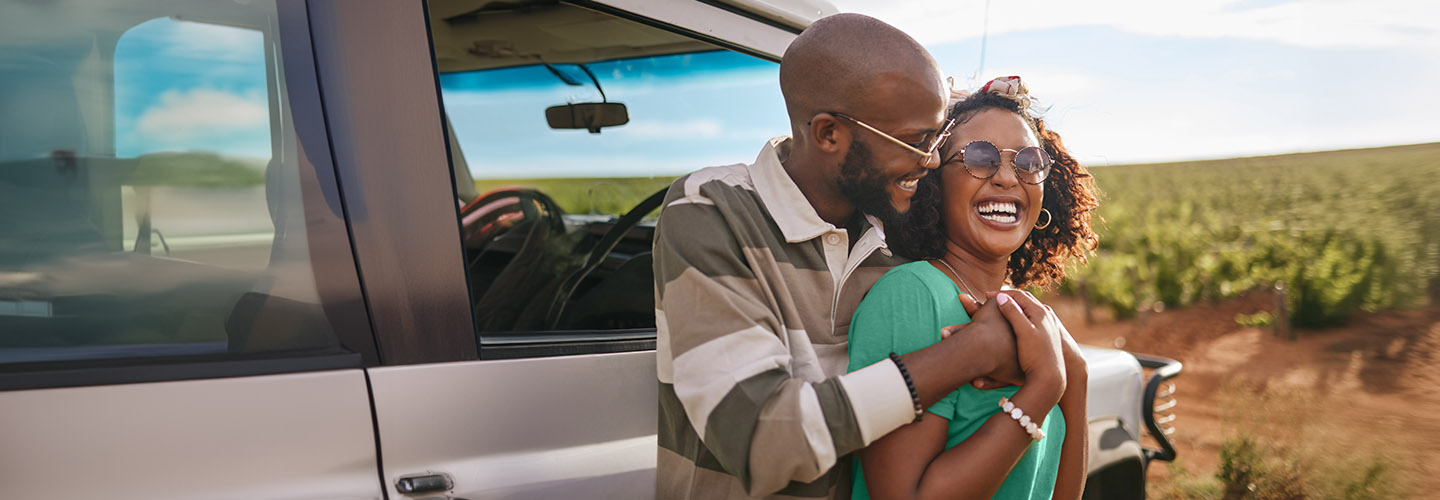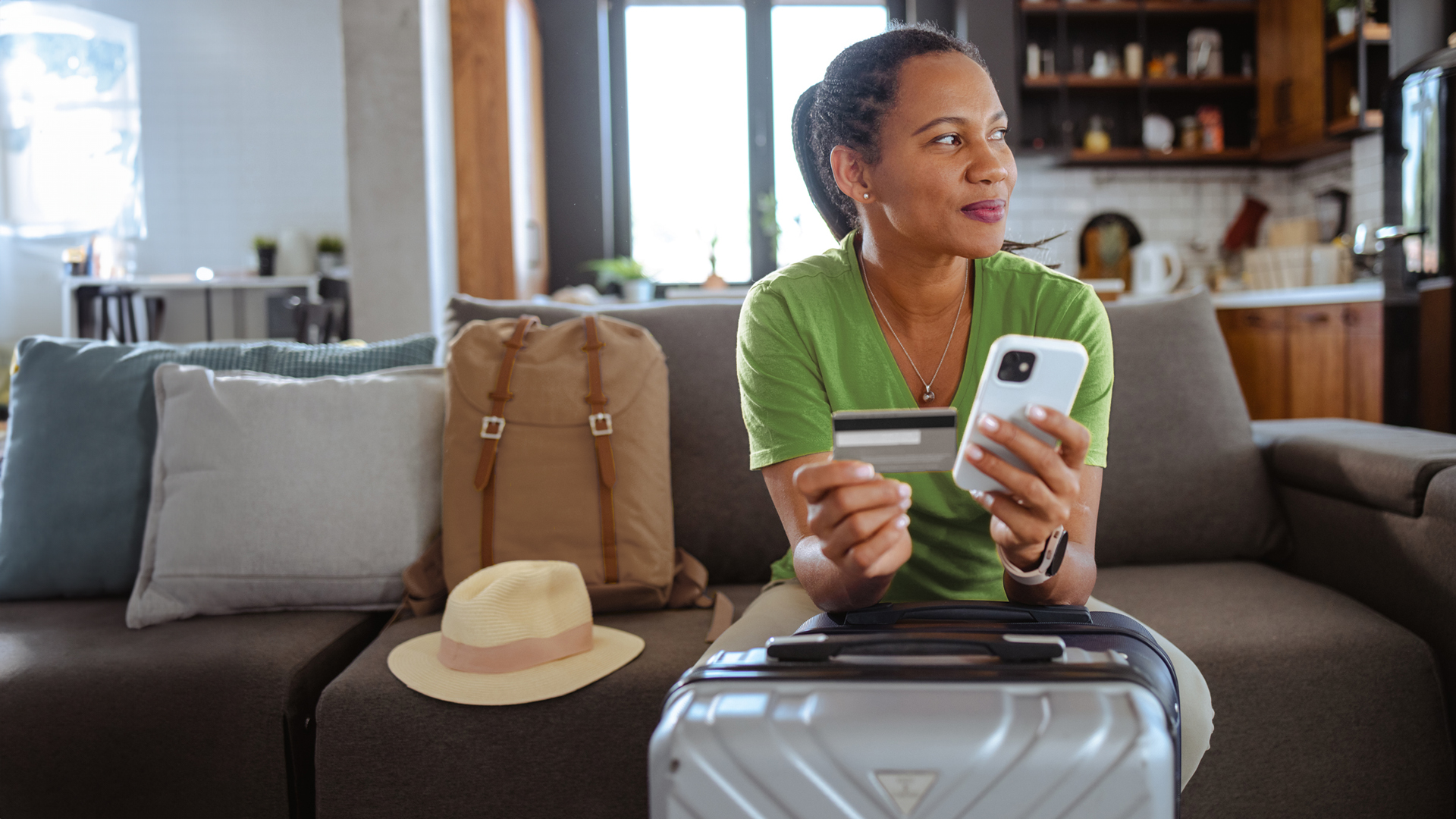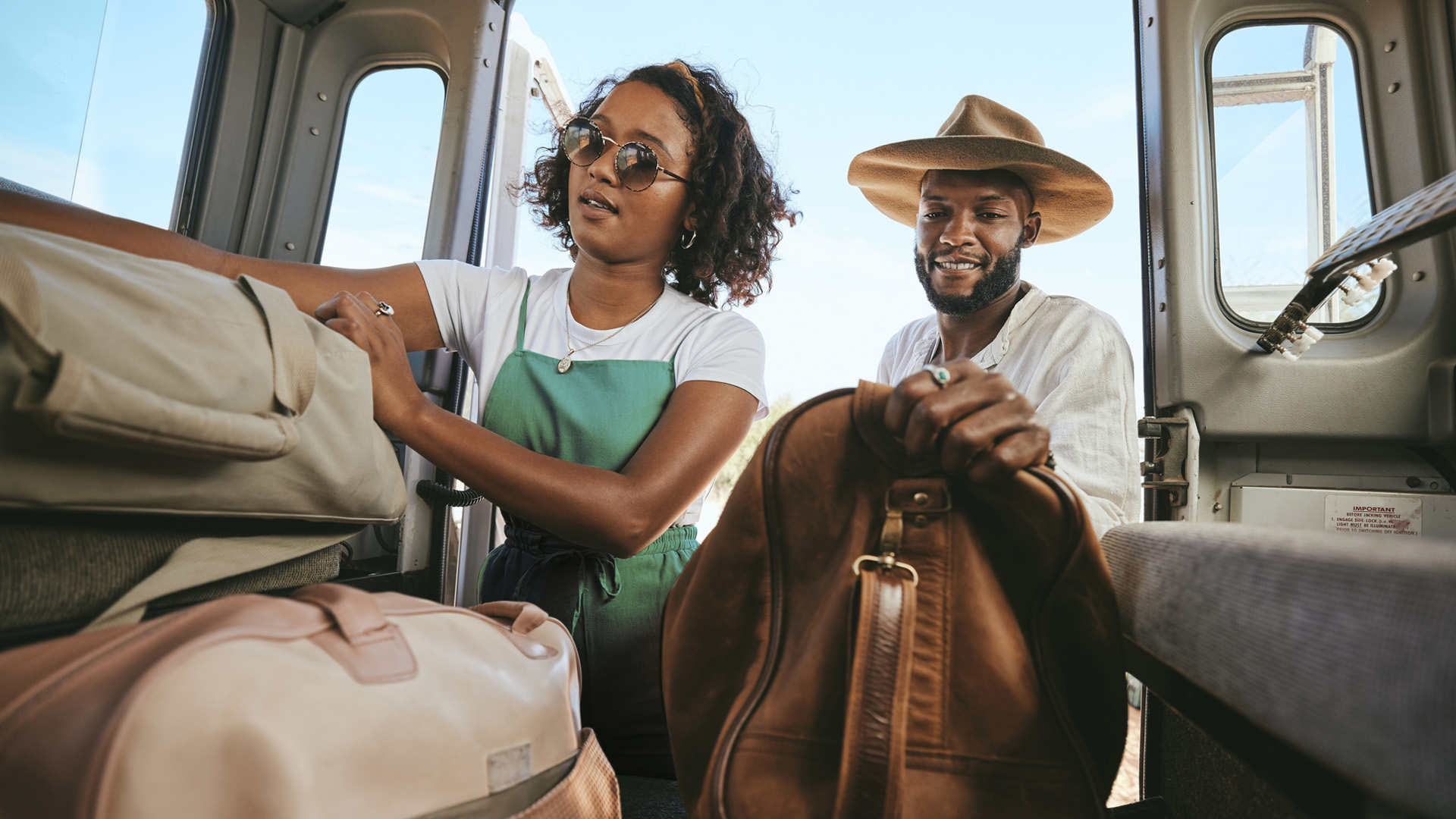Travelling to a different country can be scary if it’s the first time you’re doing it. Sufficient planning can help you conquer those fears. If you plan properly, you should be prepared for your trip well enough to cope with any unforeseen hiccups.
Planning the details of your trip and what you need to take with you is important, but so is financial planning. Be sure to consider all the costs involved and work out an affordable budget before you start booking flights or accommodation.
Craft a detailed travel itinerary
Which country will you be visiting, and what do you want to do while you’re there? Plan what you’d like to do on each day of your trip, so you can adjust your budget for each day’s activities accordingly.
Your itinerary should include the specific route you’ll take, so that you can see or do everything you’d like to along the way, rather than criss-crossing the country and spending more on travel than you need to.
Create a daily travel budget
Once you have your itinerary, you can refine your budget. Set a limit on what you will spend on your holiday, then cross-check it against your daily itinerary.
Draw up a checklist of everything that needs to be done.
If there are activities on your itinerary that your budget doesn’t allow for, remove them so that you won’t end up spending more than you can afford.
Travel documents and other necessities
Passport
Make sure that your passport is up to date. If you don’t have one, check what you need to apply for one and how long it will take, and then apply as soon as possible.
Visa
Check if you need a visa for the country you’re travelling to and what the requirements are. You should apply for your visa timeously, so be sure to find out how long before your trip you need to apply.
Medication
If you’re on chronic medication, you need to make sure that you fill your prescription for the time that you will be away. You may need a letter from a medical professional to do this, so speak to your doctor about any rules regarding taking your medication across borders.
Travel insurance
This is often included when you use your bank card to buy your flight ticket. If travel insurance isn’t included, take out your own cover for any loss, cancellations or other risks on your travels.
Foreign exchange
Make sure that you have enough money in the currency of your destination country or a major currency (US dollars, euros, pounds) to cover expenses. Before travelling it is useful to check what is accepted in the place you are visiting – some remote places may not accept bank cards.
A travel card is a hassle free and safe way to carry your foreign exchange while travelling.
The Nedbank Travel Card is available in 8 currencies with a locked-in exchange rate and can be used at Mastercard pay points and ATM's outside the Common Monetary Area. You can manage your or your child's travel card on the Nedbank Money app or Online Banking and buy and sell currency digitally.
You may also want to take some foreign banknotes for smaller expenses like paying for a taxi or tipping hotel staff.
Medical aid
Check with your medical aid if you have international travel benefits. Be sure to have medical insurance in place before you travel, in case you fall ill or suffer an injury.
To make sure that you don’t forget anything, draw up a checklist of everything that needs to be done. Then tick off each item as you complete it. This should include everything from packing your underwear to booking your tickets.
Travelling abroad is exciting and shouldn’t be dampened by poor planning. If you lay the groundwork, the trip should run smoothly, and you’ll be able to focus on enjoying the experience.
You can use your Nedbank cards to pay for flights and accommodation, and depending on your account type, you might qualify for all-inclusive travel insurance on your holiday.

